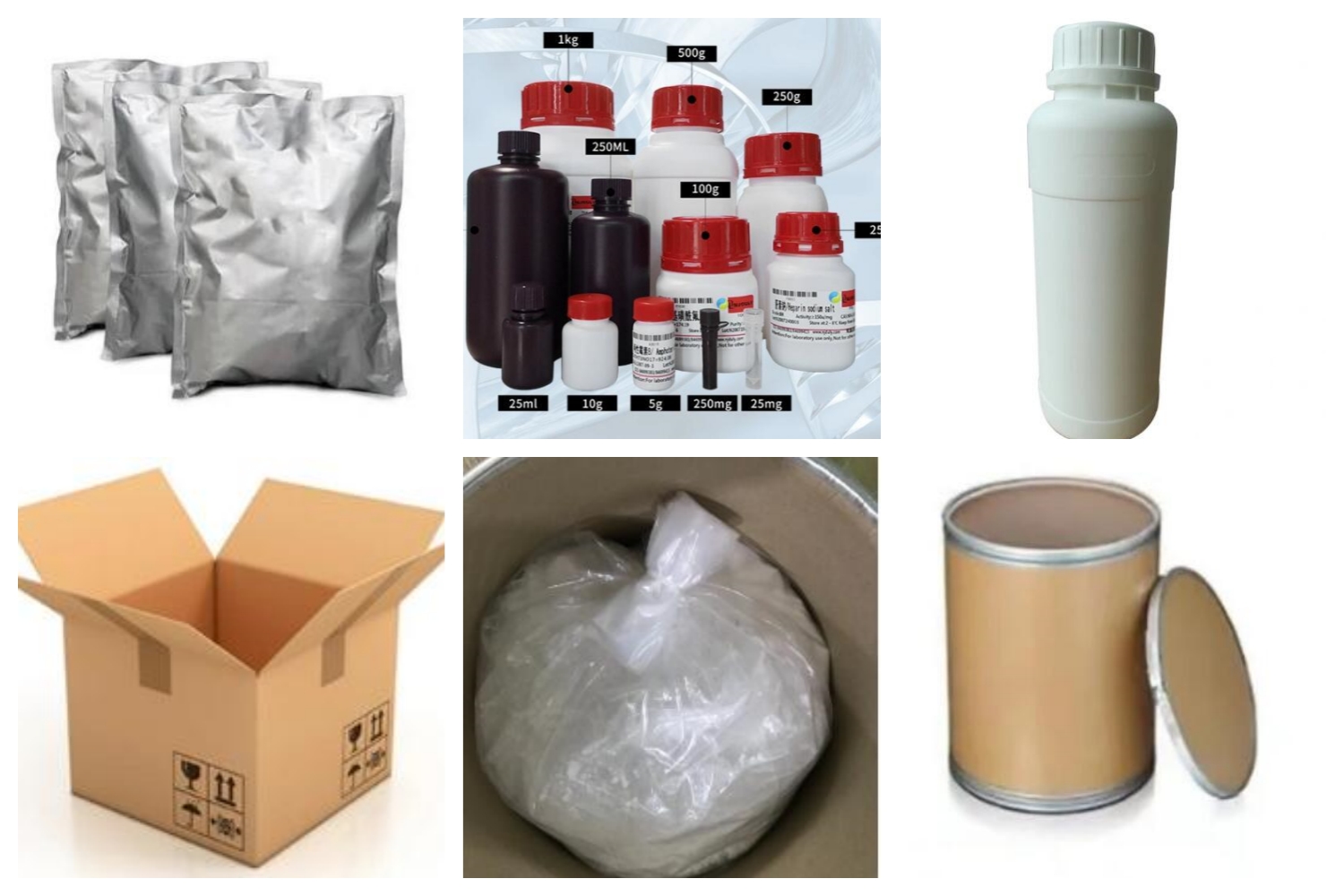Application and Effect
Protein denaturation: Guanidine hydrochloride is commonly used to denature proteins by disrupting their structure. It acts as a chaotropic agent, breaking hydrogen bonding and other non-covalent interactions within the protein, resulting in the unfolding and loss of activity of the protein. This property is useful in protein purification and solubilization. Protein refolding: While guanidine hydrochloride is primarily known for denaturing proteins, it can also be used in the refolding of denatured proteins. By gradually reducing the concentration of guanidine hydrochloride under proper conditions, the protein can refold back to its native conformation. Nucleic acid extraction: Guanidine hydrochloride is used in nucleic acid extraction methods, such as phenol-chloroform extraction, to lyse cells and dissociate proteins from DNA or RNA. It helps in the effective release and solubilization of nucleic acids, enabling their isolation and purification. Buffering agent: Guanidine hydrochloride is often used as a buffering agent in various biochemical and molecular biology experiments. It helps maintain the desired pH and stabilizes the pH during reactions and assays. Chemical reactions: Guanidine hydrochloride is utilized as a reactant or catalyst in various chemical reactions. It can participate in reactions such as the synthesis of guanidines, amidines, and ureas.Product Packing:

Additional Information:
| Composition | CH5N3.ClH |
| Assay | 99% |
| Appearance | White powder |
| CAS No. | 50-01-1 |
| Packing | Small and bulk |
| Shelf Life | 2 years |
| Storage | Store in cool and dry area |
| Certification | ISO. |
